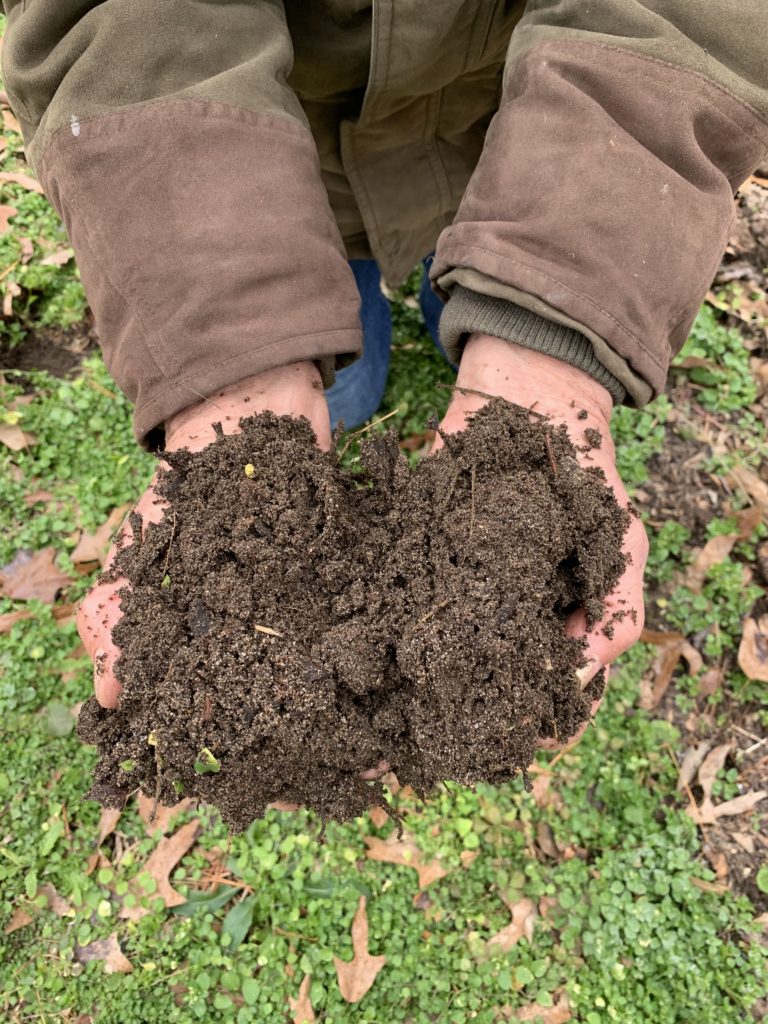Gardening for Health

Wellness From The Garden
By Maria Price
This past year has seen a record number of people flocking to area nurseries, with record sales. It’s no surprise that people feel drawn to plants and gardens for assurance of life in a pandemic year. As ancient times have shown, man’s innate love of life and nature prevailed with bringing evergreens indoors. It feels good to be in a garden, to see a flower bloom or to pull a radish out of the ground and have that first crunchy bite. Science is now proving what man has felt all along.
Getting your hands dirty or the mere act of turning soil over in preparation of a garden can make us happier. In 2007, an article published in Neuroscience, said that a microbe in the soil, Mycobacterium vaccae, could enhance your mood. It is common in loam-rich soil worldwide, and can stimulate the production of serotonin in a way similar to antidepressants. I see this as a healthy prescription to start a garden or tend to some plants if you haven’t already done so. Get your hands in the soil regularly and breathe it in.
Hundreds of researchers have demonstrated in empirical studies that living or spending time in or around trees, gardens, plants and wildlife reduces stress, improves physical and mental health, and extends lifespans. Doctors in some areas have begun to write prescriptions for “green exercise” such as nature walks. Time spent outdoors has the same beneficial effects, such as reducing blood pressure and improving mood, as taking the same walk on a street or in a mall.
A review of 77 studies published in 2020 in BMJ Open, a peer-reviewed medical journal, found solid evidence for physical health benefits from gardening. They concluded that gardening can help improve physiological outcomes from chronic conditions. With modest reductions in blood glucose; cortisol, the stress hormone; heart rate variability; cholesterol and triglycerides.
A long-term study in Taiwan found that daily gardening, whether growing flowers or vegetables or potted plants, was associated with longer survival, even for people with mobility problems. A 2014 Korean study found that activities such as planting, raking, watering and weeding are demanding enough to count as “moderate to high-intensity exercise” even for people in their twenties.
So, this is the time to plan for a garden in the spring. Start small, even if it’s just a few pots, so that you don’t overdo it. Approach your garden with a positive outcome for what you will grow in 2021.
